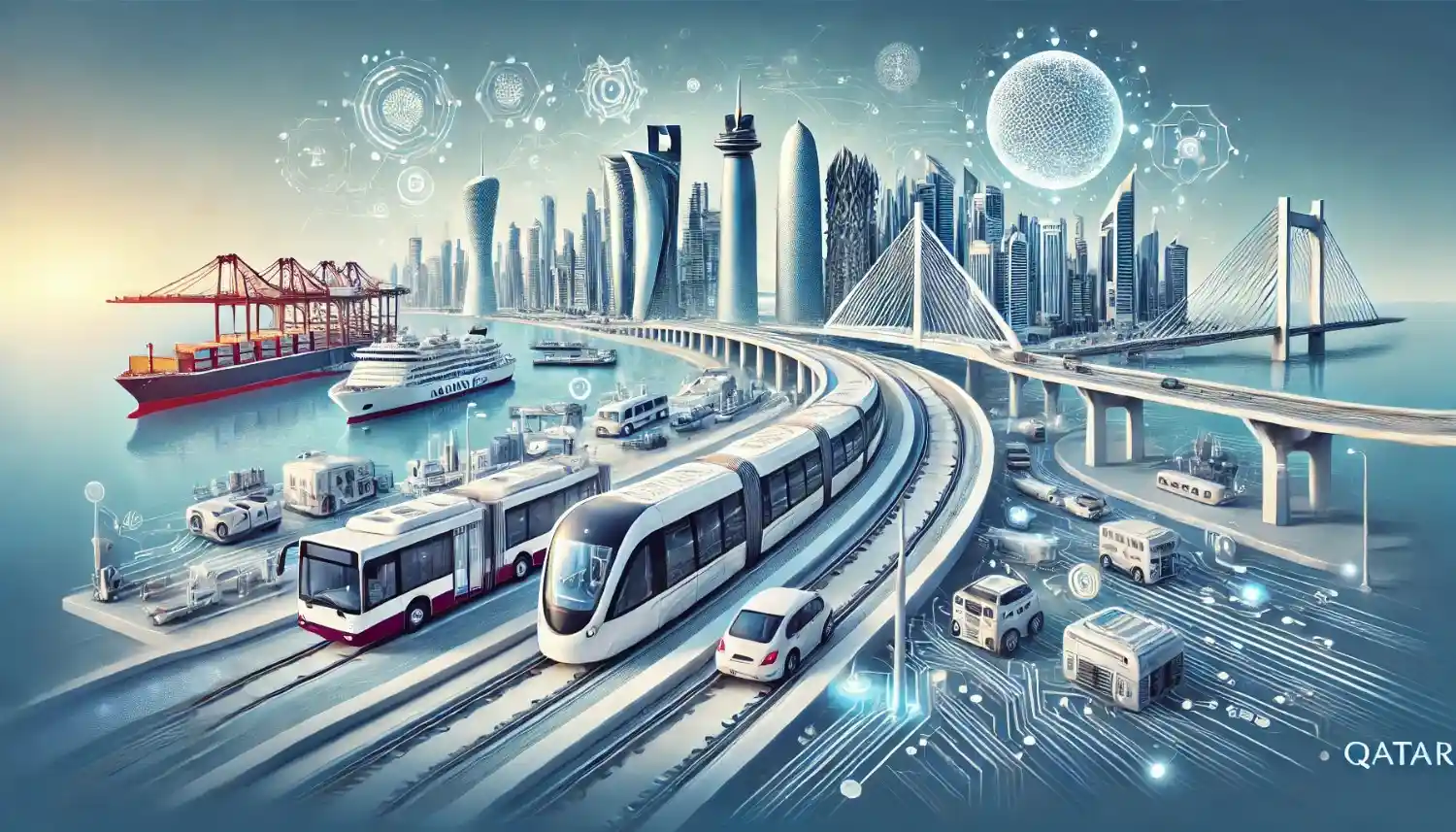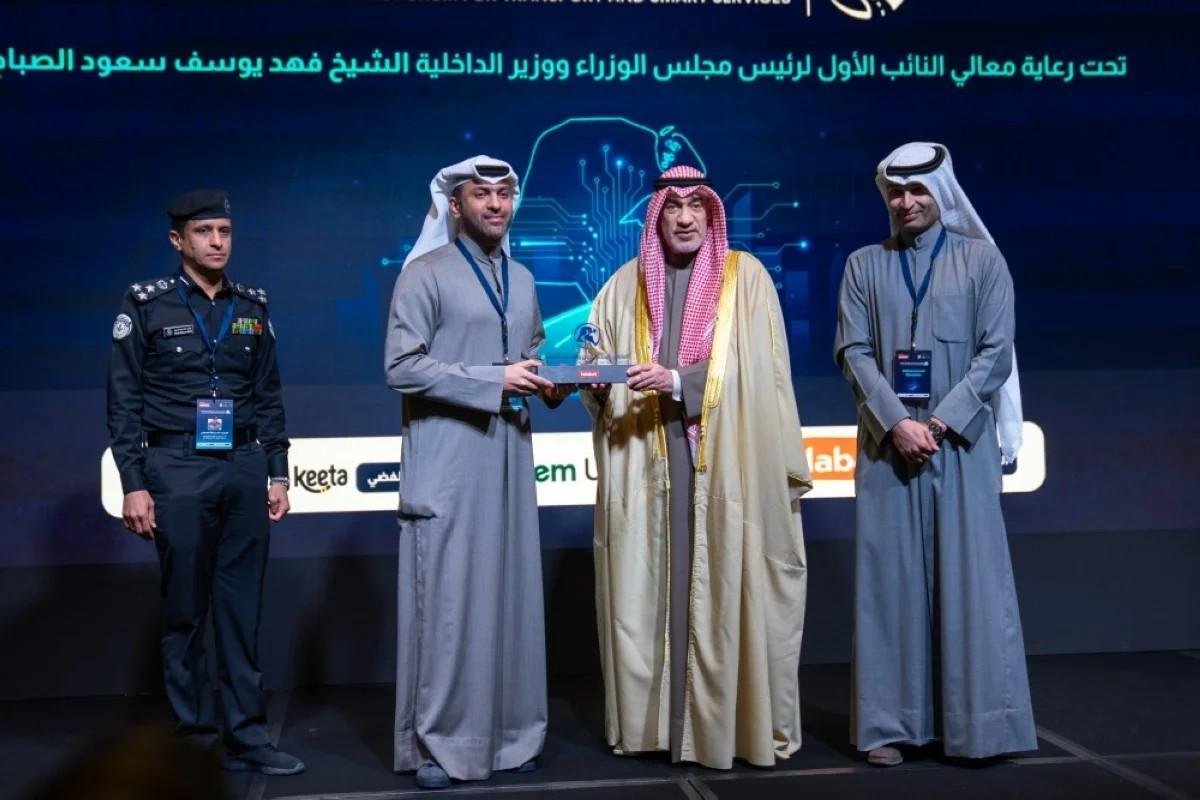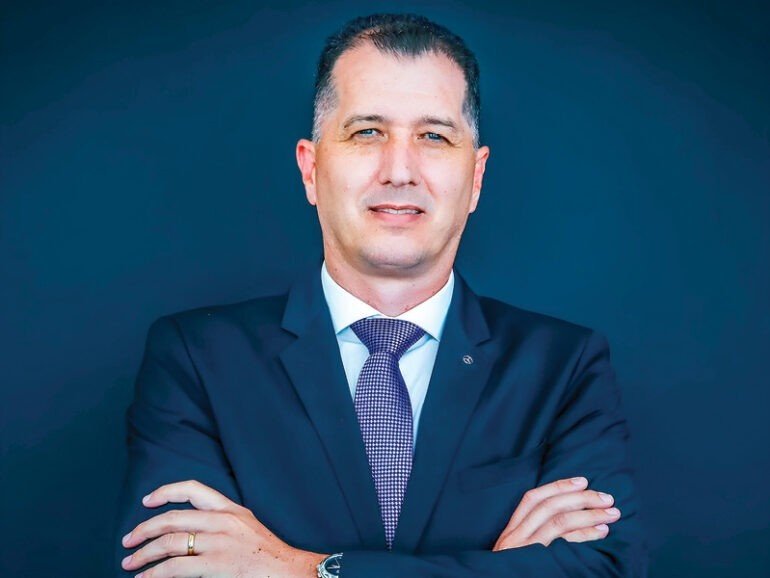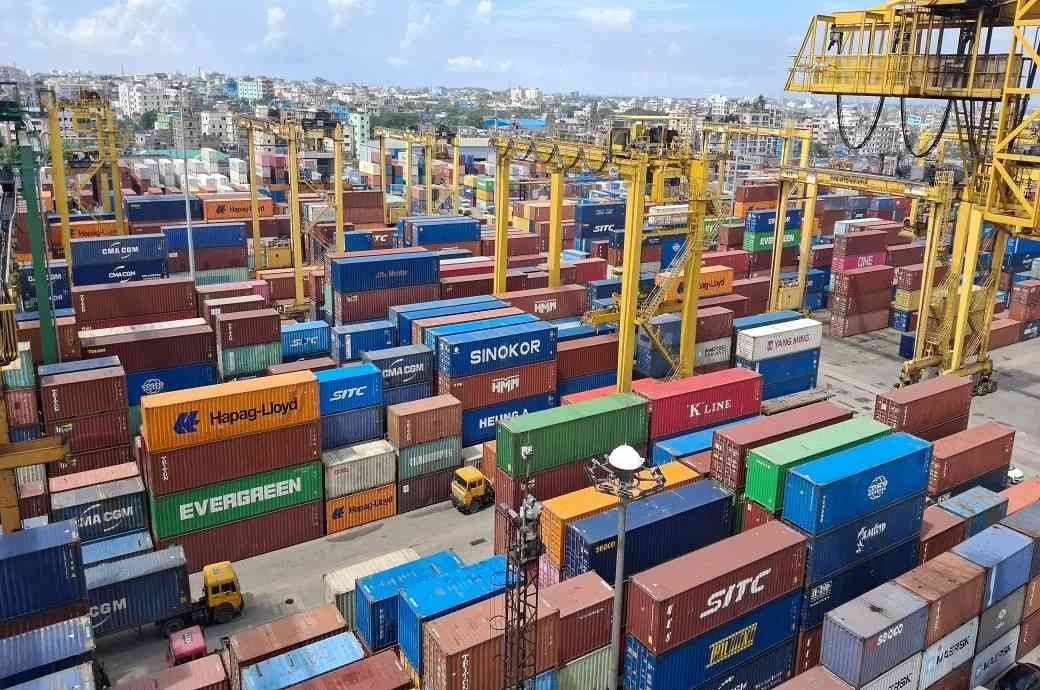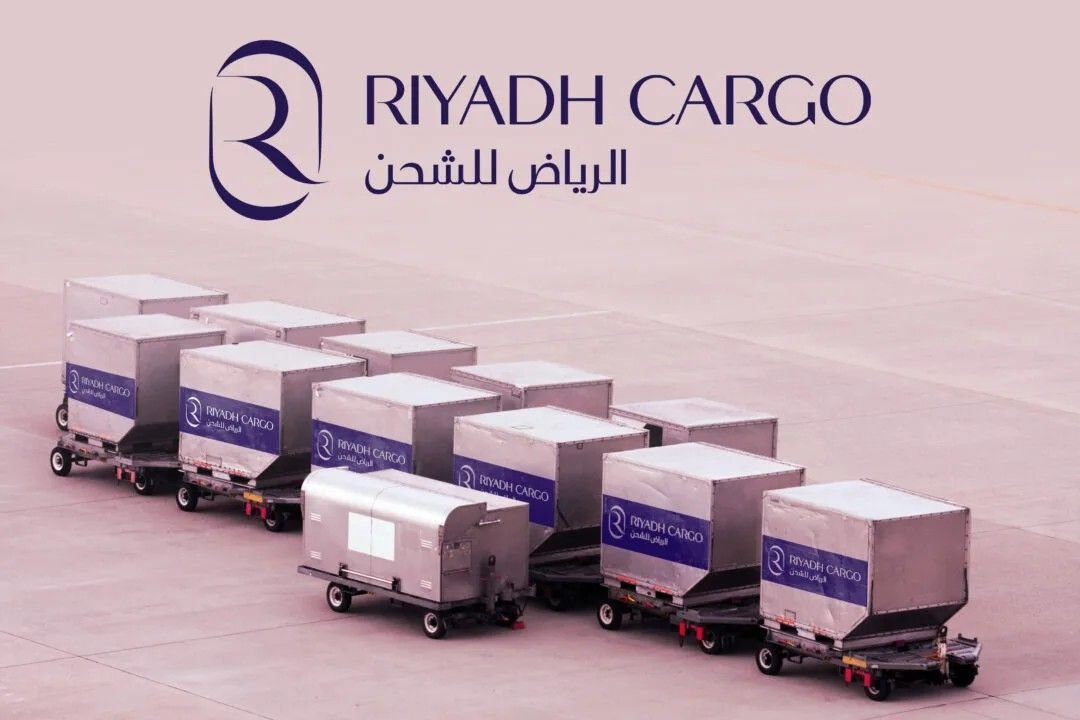DOHA, QATAR: Building on its progress from the current year, Qatar’s Ministry of Transport (MoT) is committed to strengthening the country’s global position by enhancing land, maritime, and air transport infrastructure, integrating advanced technologies to connect the nation regionally and globally.
In a recent update on its social media, the MoT highlighted major accomplishments in Qatar’s transport sector for 2024. One of the key milestones was the development of Hamad Port, Qatar’s primary gateway to world trade, which implemented various environmental protection measures. These include fixed and mobile environmental monitoring systems that track air quality, noise, groundwater, water quality, and the marine environment.
In recognition of its environmental management excellence, Mwani Qatar, the port’s operating body, received the prestigious ‘Globe of Honour’ Award and the ‘Sector Award’ from the British Safety Council in November 2024. These awards underscore the organization’s contributions to sustainable development and the preservation of Qatar’s marine ecosystem.
Additionally, 2024 saw record cargo handling at Hamad, Ruwais, and Doha ports, with 2,542 vessels docking and handling over 1.5 million tonnes of general cargo, including 1.3 million TEUs (twenty-foot equivalent units) containers, 499,376 heads of livestock, and 278,742 tonnes of building materials.
The Al Mina Market in Ruwais, located in northern Qatar, also played a significant role by promoting local products, blending heritage with modern retail offerings. It serves as a marketplace for goods imported via merchant ships to the Al Ruwais port.
In land transport, the MoT’s efforts to enhance transportation and safety infrastructure were evident with major projects like the Qatar Bicycle Master Plan, which reached 40% completion in 2024. The project is developing dedicated bicycle and micromobility device paths as part of Qatar’s broader goal to improve mobility options and sustainability under the Qatar National Vision 2030.
The MoT also achieved significant progress on various other projects, such as the 75% completion of the Qatar Access Management Guidelines to enhance road safety, 45% completion of the Al Waab Corridor project aimed at improving traffic safety, and the operation of 73% of public e-buses. Additionally, 99% performance was recorded for the Doha Metro service, with customer satisfaction reaching an impressive 99.66%. Qatar also achieved 73% electrification in its public bus fleet by the first quarter of 2024, with a goal to reach 100% electrification by 2030, positioning Qatar as a leader in the zero-emission transition in transport.
Qatar Rail’s dedication to providing top-tier service resulted in exceptional performance indicators: 99.85% regularity, 99.66% punctuality, and 99.90% availability for the Metro service, with an accident frequency rate (AFR) of just 0.01.
In the air transport sector, Qatar’s management of the Doha Flight Information Region (FIR) demonstrated the international confidence in the country’s civil aviation system. Notably, Qatar was elected chair of the International Civil Aviation Organization’s (ICAO) Air Transport Committee in June 2024. The country also signed international agreements to further improve its ranking and signed an MoU to host the ICAO FLAC 2025 event.
Qatar’s tourism sector has also witnessed significant growth, with the number of visitors reaching a new high of 4 million by October 2024, matching the total for 2023. International visitors increased by 26% in the third quarter compared to the same period in 2023, reflecting Qatar’s growing appeal as a global destination.
Qatar’s commitment to strengthening its transport infrastructure across all sectors is pivotal to its ongoing development and its vision of becoming a global leader in sustainable transportation and economic growth.











